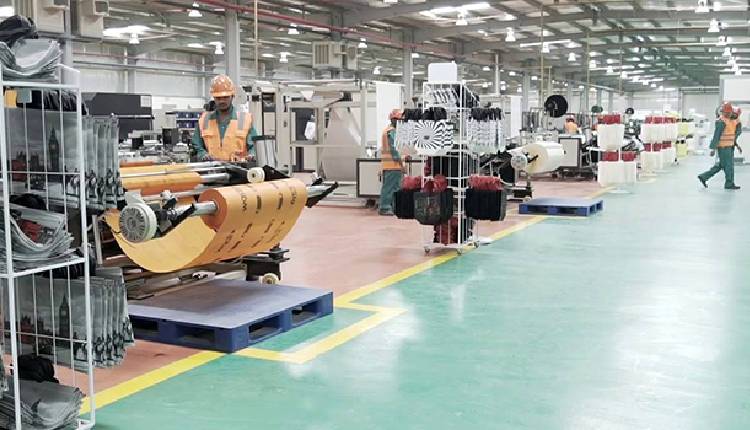Saudi Arabia’s non-oil private sector posted its strongest quarter of job creation since 2012, according to Riyad Bank’s latest Purchasing Managers’ Index. The headline PMI registered 58.1 in March, signalling robust business activity improvement despite easing from February’s 58.4 and marking the slowest pace of expansion since October 2024.
The sustained expansion was supported by rising output and new orders, although momentum has moderated since January’s near 14-year high. Firms attributed growth to improved marketing, competitive pricing, and stronger economic conditions. Foreign demand also grew, albeit at a slower pace.
Hiring remained a key highlight, with employment rising sharply as firms built up sales teams and capacity. Riyad Bank noted this marks the best quarter for employment growth in over a decade, aligning with national targets to reduce the unemployment rate to 7 per cent.
Input cost inflation dropped to a four-year low in March, driven by softer rises in purchase prices and wages. In response to competitive pressure, companies cut selling prices for the first time in six months, although the rate of discounting was modest.
Businesses also increased stockpiling and purchasing in anticipation of higher sales, leading to one of the largest rises in inventories on record. Supplier performance improved overall, though some delays and backlogs persisted.
Riyad Bank Chief Economist Naif Al-Ghaith stated the March PMI reflected strong sectoral resilience and aligned with the Kingdom’s Vision 2030 goals to diversify the economy and attract private and foreign investment.
Attribution: Amwal Al Ghad English
Subediting: M. S. Salama


